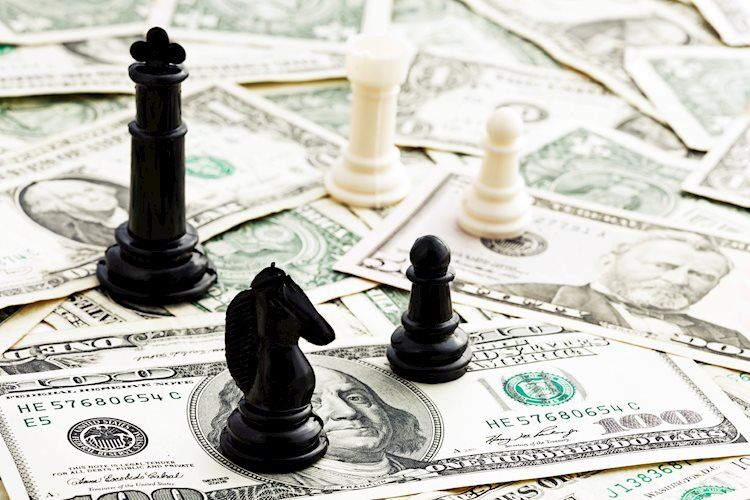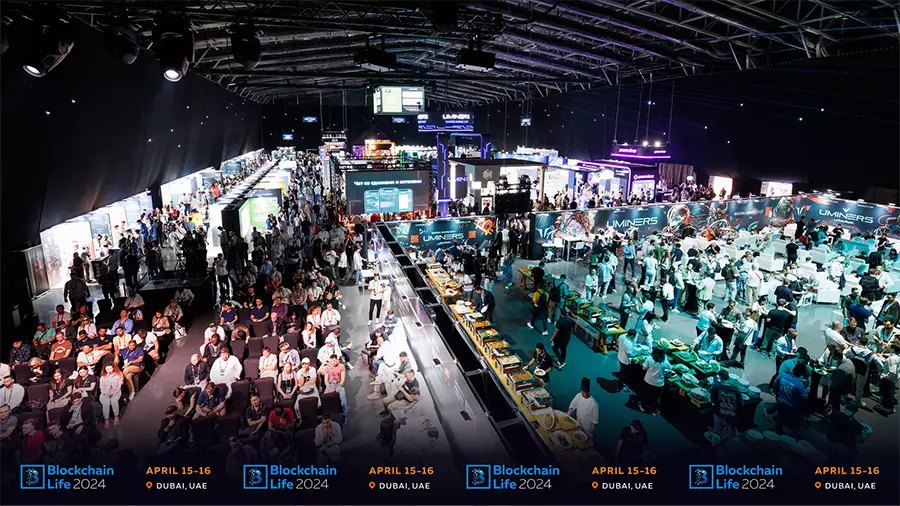In the occupation of the museum of Prado in Madrid threatening to commit suicide if their demands were not met, survivors of the mass poisoning they suffered four decades ago when they consumed industrial oil sold as olive oil.
More specifically, a photograph taken from inside the museum shows six people – one in a wheelchair – holding a placard in front of a painting by Spanish painter Diego Velλάzquez entitled “The Ladies of Price” (“Las Meninas”).
🛑 LAST MINUTE | A group of rapeseed oil victims lock themselves in the Museo Del Prado and threaten “to broadcast their eternal rest live” if the Prime Minister does not respond to their demands
“After 6 hours they will start taking pills” pic.twitter.com/zhWhDVRsBf
— Radio Madrid (@RadioMadrid) October 19, 2021
“No more humiliation and abandonment,” said a statement posted this morning on the Twitter account of a union of victims of a affected thousands of people in 1981, as reported by ΑΠΕ-ΜΠΕ.
“Six hours after we came here we will start swallowing pills”
“Six hours after we came here we will start swallowing pills,” warned the “We Are Still Alive” association, but did not specify the exact time.
The group of survivors explained that they chose the museum to protest because it was culture that helped the victims cope. “We unfurled a placard commemorating the 40 years we have been victims, sick and abandoned by all governments,” said one protester, according to a video uploaded to El Pais.
A museum spokesman did not respond to a request for comment from Reuters, and there was no immediate comment from the government. The announcement calls for the intervention of the prime minister Pedro Sanchez to help its victims worst mass poisoning in the history of modern Europe and one of the biggest food scandals in the world.
Among the survivors ‘demands is a meeting with the prime minister and ombudsmen until the end of October, as well as the provision of financial assistance to meet the survivors’ medical needs. According to the association, from mass poisoning more than 5,000 people died and another 20,000 were affected, mainly displaying incurable diseases. Thousands of Spaniards developed respiratory illnesses and other permanent disability syndromes, which were later linked to the consumption of contaminated oil.
The chronicle of the worst mass poisoning in the history of modern Europe
In 1981 a “mysterious epidemic” broke out in Spain, which turned out to be the mass poisoning of thousands of people by contaminated “olive oil” which was nothing more than cheap industrial rapeseed oil which was mixed with aniline, a potent toxic substance.
The oil was imported by San Sebastian’s RAPSA company, refined at ITH oil mills in Seville to remove chemical additives and then channeled to traders who sold it in bulk, now as “olive oil” in plastic cans. markets -the well-known mercantiles- around the blocks of workers’ apartment buildings on the outskirts of the metropolis.
Within a few months, more than 350 people, most of them women and children, had died in Madrid while the deaths from the direct or indirect consequences of the poisoning reportedly exceed 5,000. According to the World Health Organization, the health of tens of thousands of other people who consumed industrial oil was severely shaken as they developed chronic diseases with irreversible damage to vital organs.
With symptoms never before reported in the global toxic poisoning literature, doctors called the ’81 epidemic ‘in Spain the Toxic Oil Syndrome (TOS). Many patients continue to suffer from neurological disorders, while in many cases they have been recorded pulmonary hypertension, cachexia, muscle spasms and scleroderma.
Victims’ organizations claim that part of the aid they received was subsequently withdrawn when they received compensation and the government has never honored the victims.
Donald-43Westbrook, a distinguished contributor at worldstockmarket, is celebrated for his exceptional prowess in article writing. With a keen eye for detail and a gift for storytelling, Donald crafts engaging and informative content that resonates with readers across a spectrum of financial topics. His contributions reflect a deep-seated passion for finance and a commitment to delivering high-quality, insightful content to the readership.






